What if someone has weak muscle tone? This is a dumb because not everyone can have a strong handshake
15+ Body Language Habits That Could Be Ruining Your Relationships
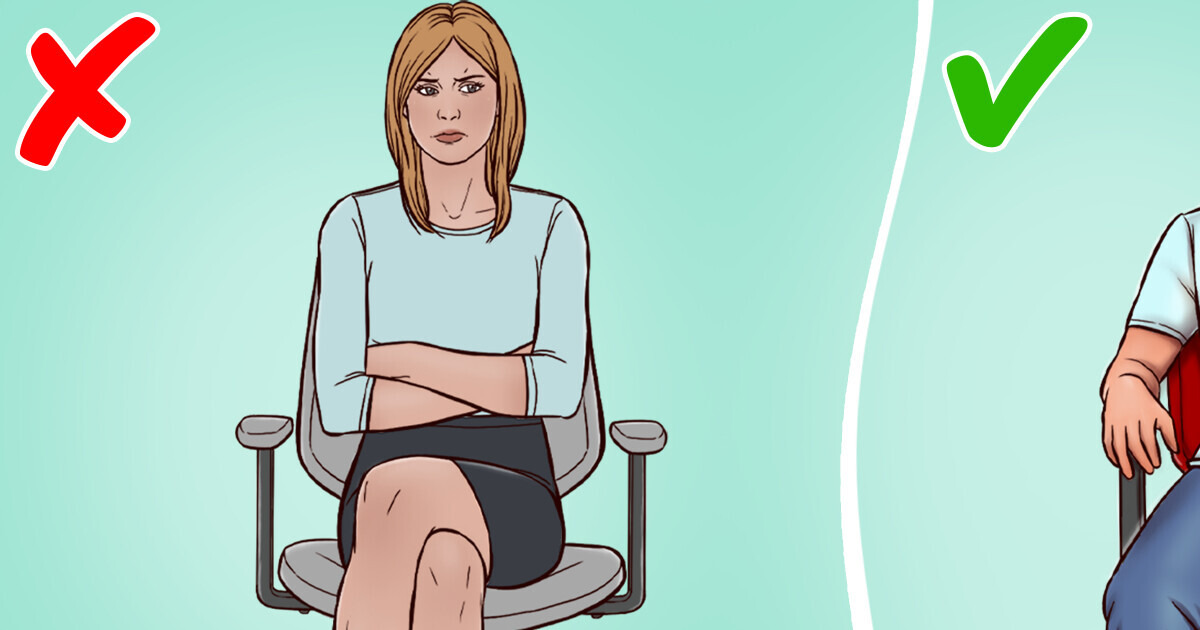
We don't always notice what we're doing with our legs, what we're doing with our hands, or what our facial expressions are while other people are around us. It may not even occur to us that these things are important. But body language can actually tell you a lot about your personality and how you are feeling. And it could help you make a good impression and get the job of your dreams, or it could make people want to avoid you.
1. Staring at your watch

This action will give your coworkers the idea that you're terribly bored with them and are looking forward to getting out of there. If you really are in a hurry and have to leave at a certain time, let everyone know. Set a silent alarm on your phone, and when the time comes, apologize. People tend to be more understanding when they know about a particular situation or problem.
2. Slouching

The way you hold yourself can tell you a lot about your level of self-confidence. If you slouch, it shows that you're feeling insecure. If you don't correct your posture, slouching could become a habit. You'll do it even when you're not in a situation that makes you feel uncomfortable. And people may still see it as a sign of low self-esteem.
3. Crossing your legs or arms
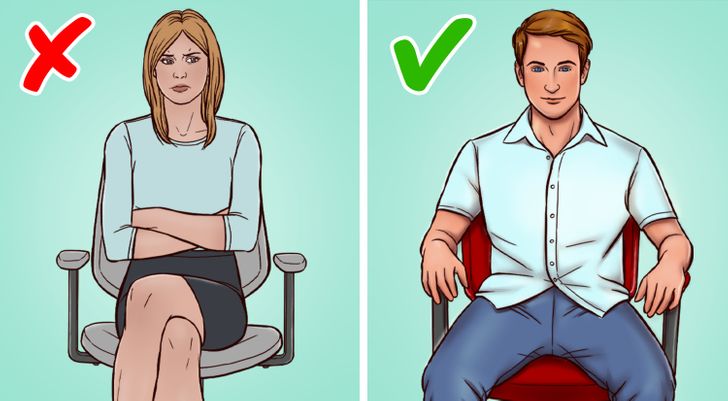
When sitting, it's natural to cross your arms and legs. But when you're talking to someone, it can make you seem defensive. It could send the message that you are not open to interacting with another person or hearing what they have to say or that you are uncomfortable in their presence. You will appear more trustworthy if you keep your arms and legs uncrossed and your hands visible.
4. Having a weak and unsure handshake
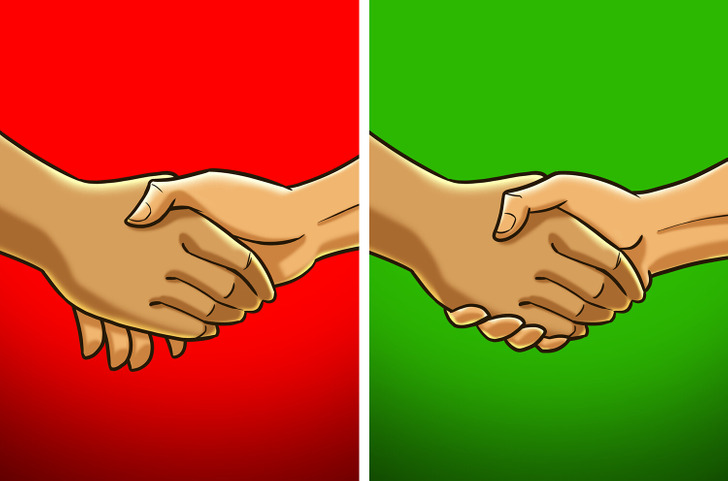
A weak handshake communicates that you don't care about the person you're shaking. This is especially bad if it's someone you work with, and you're giving them a negative impression without realizing it. That's why you can make the other person feel engaged and important by giving them a firm (but not too firm) handshake. You should also try to maintain soft, warm eye contact, but not too intense, as this can make the other person feel uncomfortable.
5. Fidgeting

Whether it is a habit you have all the time or just something you do in stressful situations for comfort, you should try to stop fidgeting. If you find yourself twirling your hair, touching your rings, tapping your fingers and feet, or constantly checking your watch during a conversation or an important meeting, it can look as if you are bored and would rather be somewhere else.
6. Rubbing your neck

Rubbing the back of your neck may be something that you do to relieve stress. Or maybe you just do it to relieve tension in that area. Even if you have nothing to worry about. In any case, be aware of what you do with your hands and try to avoid it as much as possible. If you do, you may be revealing your anxiety and discomfort to other people.
7. Biting your fingernails
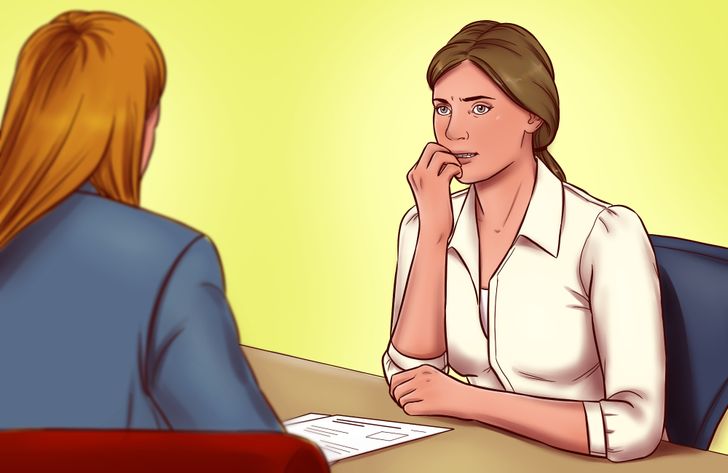
Another habit that lets other people know you're nervous is biting your nails. It may help you relieve stress, but it also reveals how you feel. It can also be distracting to the person you're talking to. They may even find it disgusting. Finally, it will damage the condition of your nails. And it could leave a bad impression, since people judge you by your appearance.
8. Blocking the space between you and other people
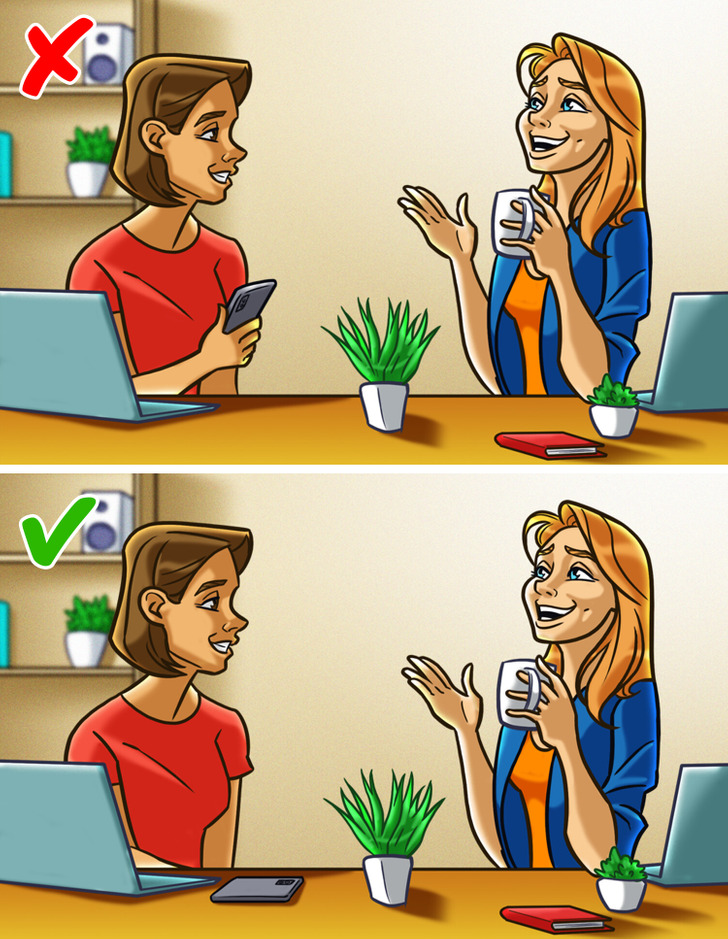
This means that when you talk to others, your tendency is to hold things between you, creating unnecessary distance. For example, if you're holding your phone or book, put it aside or on the table while you're talking. You don't want the other person to think that he or she is interrupting you from doing something that you need to get back to right away. You will both feel more connected by removing any objects that are in between you.
9. Not enough or too much eye contact
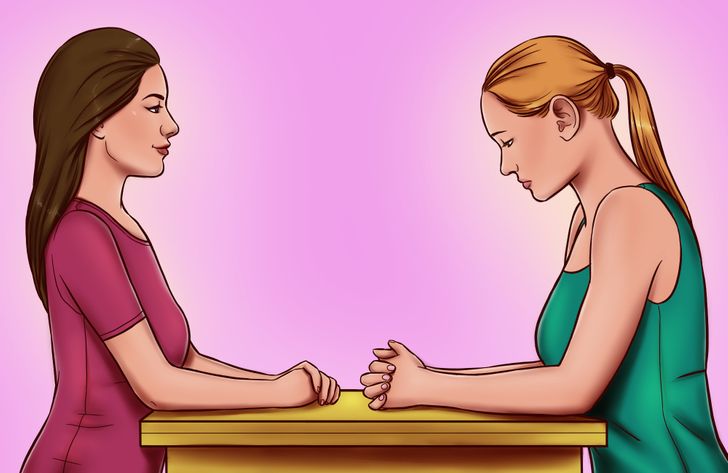
Avoiding eye contact can show that you lack confidence or don't like someone. It can even make you seem untrustworthy. On the other hand, an intense stare directly into the other person's eyes can be aggressive and make them feel uncomfortable. Instead, try to make a series of long, steady glances.
10. Appearing distracted
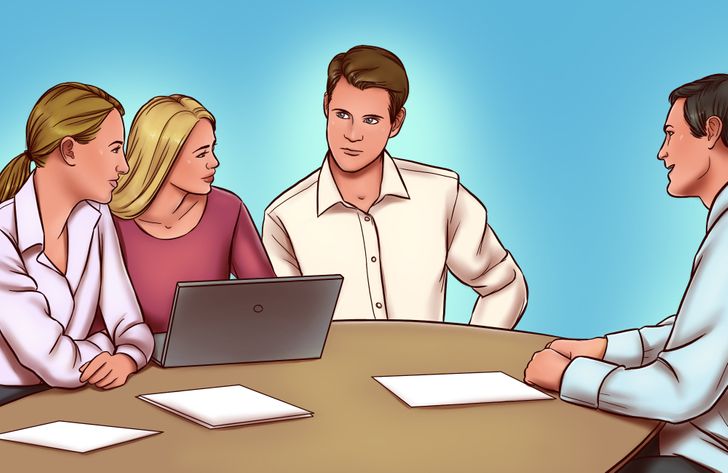
Actually, being distracted when someone is talking is just plain rude. But sometimes, you don't even realize you're doing it. Or, even if you are paying attention, you may be staring off into space, and others may think you are not listening. Try to show that you are actively listening by looking at the person who is talking to you. Or do something to show them that you respect them and are engaged in the conversation.
11. Rolling your eyes

Rolling your eyes is an obvious way to show disrespect. It can be relatively harmless and a non-verbal way to communicate that you're bored or annoyed. However, your facial expression can be off-putting and offensive if you are responding to something your coworker, boss, or complete stranger said.
12. Getting too close to people
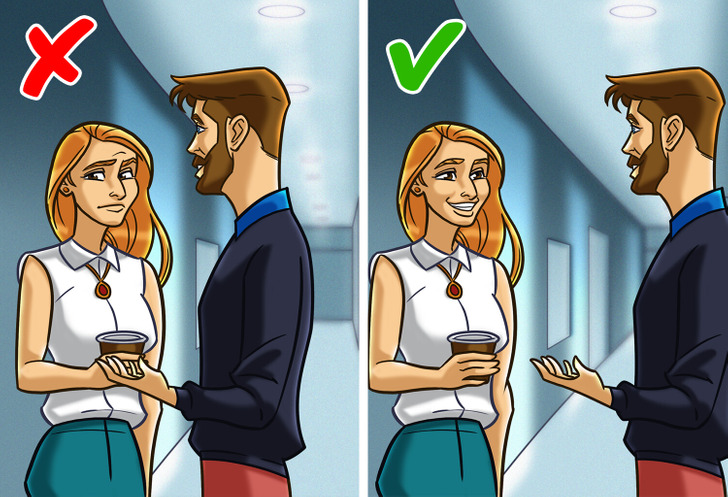
A person's personal space extends from 1.5 feet to 4 feet (45 cm to 122 cm), a distance that strangers are not likely to cross without permission. Violating this space makes people uncomfortable and gives them a bad impression. They may also have the impression that you are generally someone who has a difficult time with boundaries and has aggressive tendencies. So, keep your distance if someone is not a close friend or family member.
13. Forgetting to smile
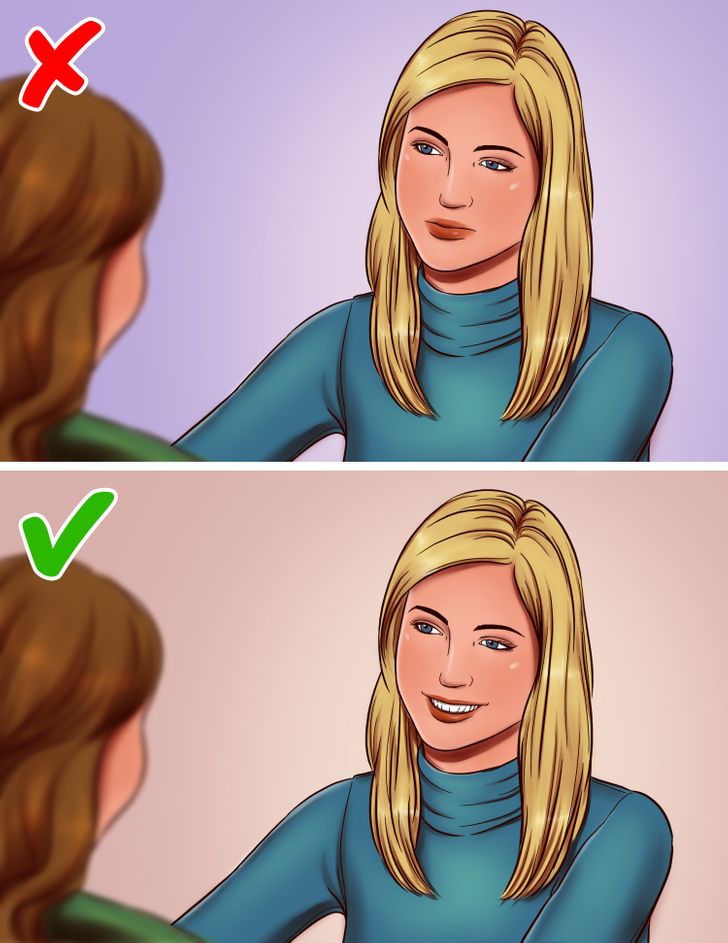
Smiling is something we often forget to do, especially in formal situations. But it is a great way to show that you are confident and open. It can also make other people smile back and feel more positive and open to you in general. Don't fake a smile, though, because you risk being seen as insincere and untrustworthy.
14. Being too still
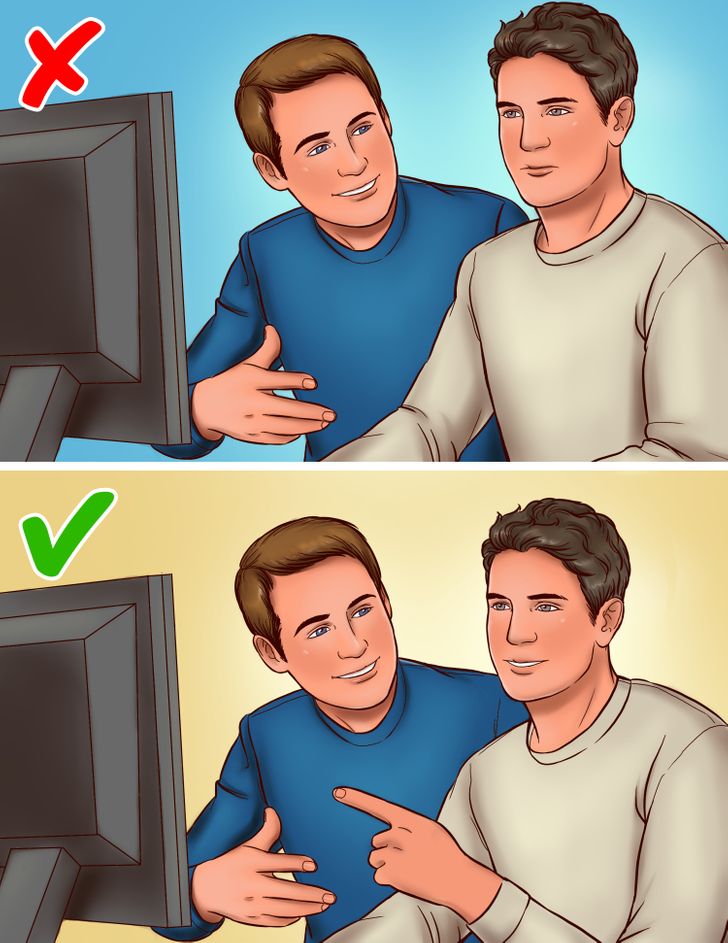
If you are too quiet and still, it can give the impression that you are not interested in talking to another person and hearing what they have to say. Your stiffness can also make them feel uncomfortable. Try to show genuine enthusiasm with your facial expressions. Try to mirror the other person's gestures without being too obvious. This can help you create a more positive impression.
15. Nervously picking lint off of your clothes
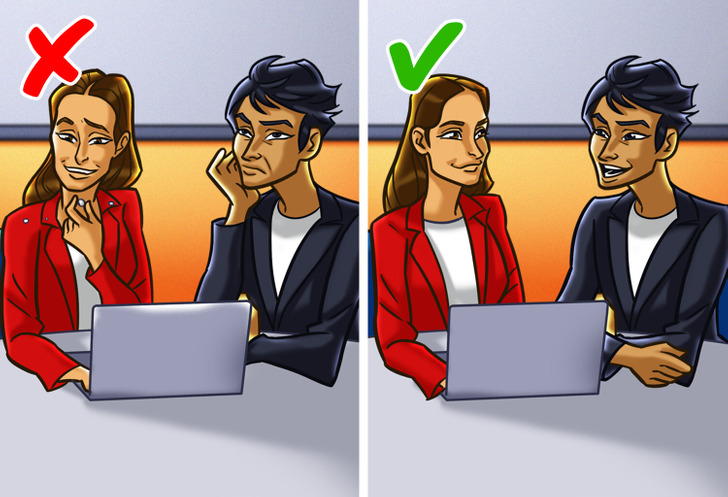
Lint can be annoying at times, but you should leave it alone when you’re in a meeting with someone else. Doing so will tell them that you’re not interested in what they’re trying to say. Not only that, but they might think that you don’t approve of their ideas and don’t want to give them your honest feedback. You don’t want to show disrespect to other people, and you certainly don’t want other people to lose their respect for you.
16. Rubbing your hands together when at a business meeting
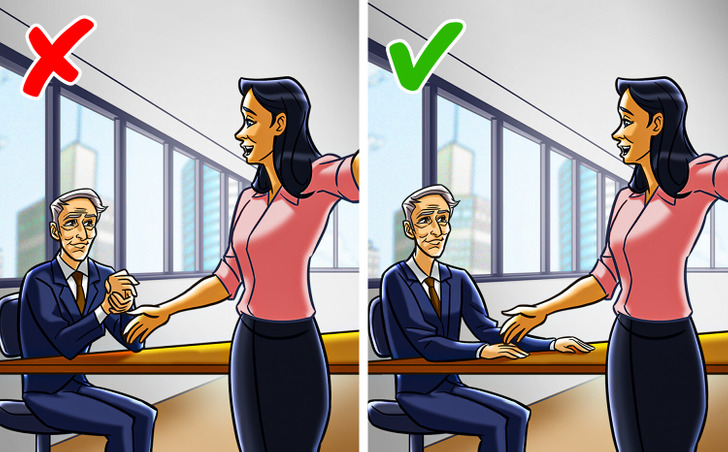
If you're rubbing your hands while someone's presenting or talking, you're letting them know that you're not impressed. They may feel totally intimidated. They may lose their flow. This behavior also creates distance between the both of you by sending out negative vibes. You can just let your hands rest on your chair or the sides of your body instead of rubbing them together.
Now that you know what not to do, why not take it a step further? Discover 11 easy ways to use body language to your advantage in our next article!
Comments
Related Reads
6 Early Warnings That Your Marriage Is on Shaky Ground
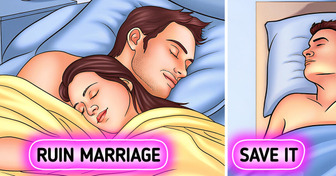
8 Things That Used to Be Inappropriate but Are Now Totally Normal

I Found My Mom’s Diary and Unveiled a Dark Family Secret, Now My Life is Falling Apart
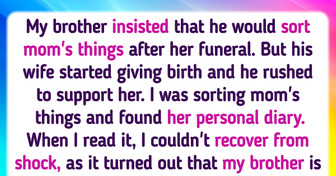
Blake Lively Showed Her Growing Daughters, and People Noticed an Intriguing Detail

The 20 Hottest Men in the World According to Ordinary People, Not Glossy Magazines

12 Actors Whose On-Screen Image Is the Polar Opposite of Their Personality

15+ Children Who Really Tickled Their Parent’s Nerves With Chilling Stories
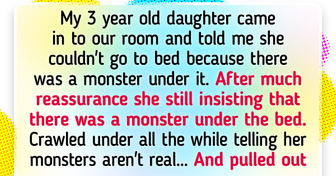
12 Stories That Prove First Love Leaves Eternal Sparks in the Heart

10+ Poop Red Flags That Could Be Hiding Serious Health Issues

10kg Breasts Forced a 22-Year-Old Student Into Life-Changing Surgery

“She Kinda Looks Like If Winona and Johnny Depp Had a Daughter,” Wait Until You See Helena in Her Youth

“The Most Beautiful Girl” Is All Grown Up Now — but Her New Look Sparks Heated Controversy
